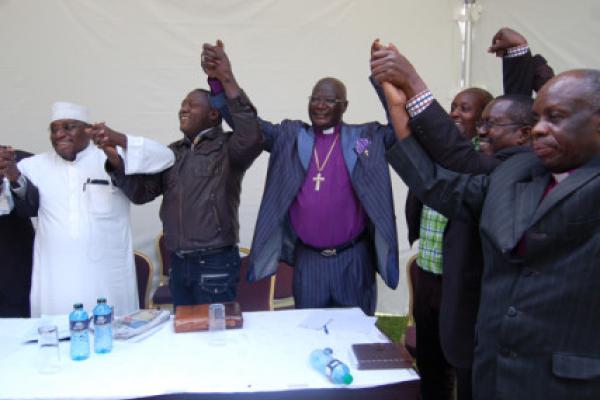Mar 6, 2014
A call for greater acceptance of gays and lesbians has put African and Western churches on a collision course, as some African clerics liken mounting criticism from the U.S. and Europe to a new wave of colonization by the West.
Consider some of the statements at a news conference last week led by Bishop Arthur Gitonga of the Redeemed Church in Kenya:
“Homosexuality is equivalent to colonialism and slavery,” said one participant.
“We feel it’s like a weapon of mass destruction,” said another.
“It is not biblical and cannot bring blessing to Christians,” said a third.
Gitonga, a powerful East African Pentecostal church official, is among a group of Kenyan leaders who have launched “Zuia Sodom Kabisa,” Kiswahili for “Stop Sodom Completely.” The campaign seeks 1 million signatures to petition legislation to criminalize homosexual acts in Kenya.
Read the Full Article

Already a subscriber? Login
